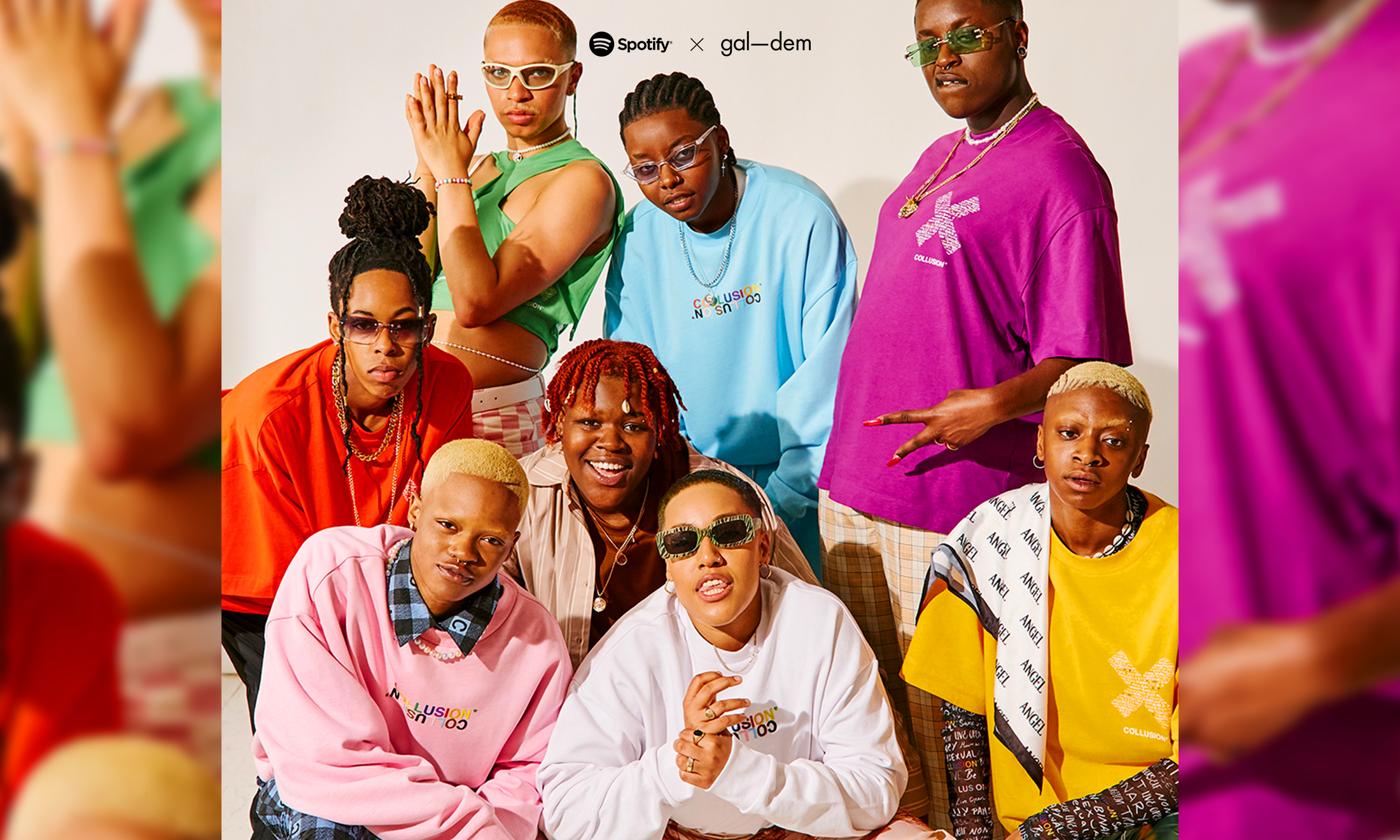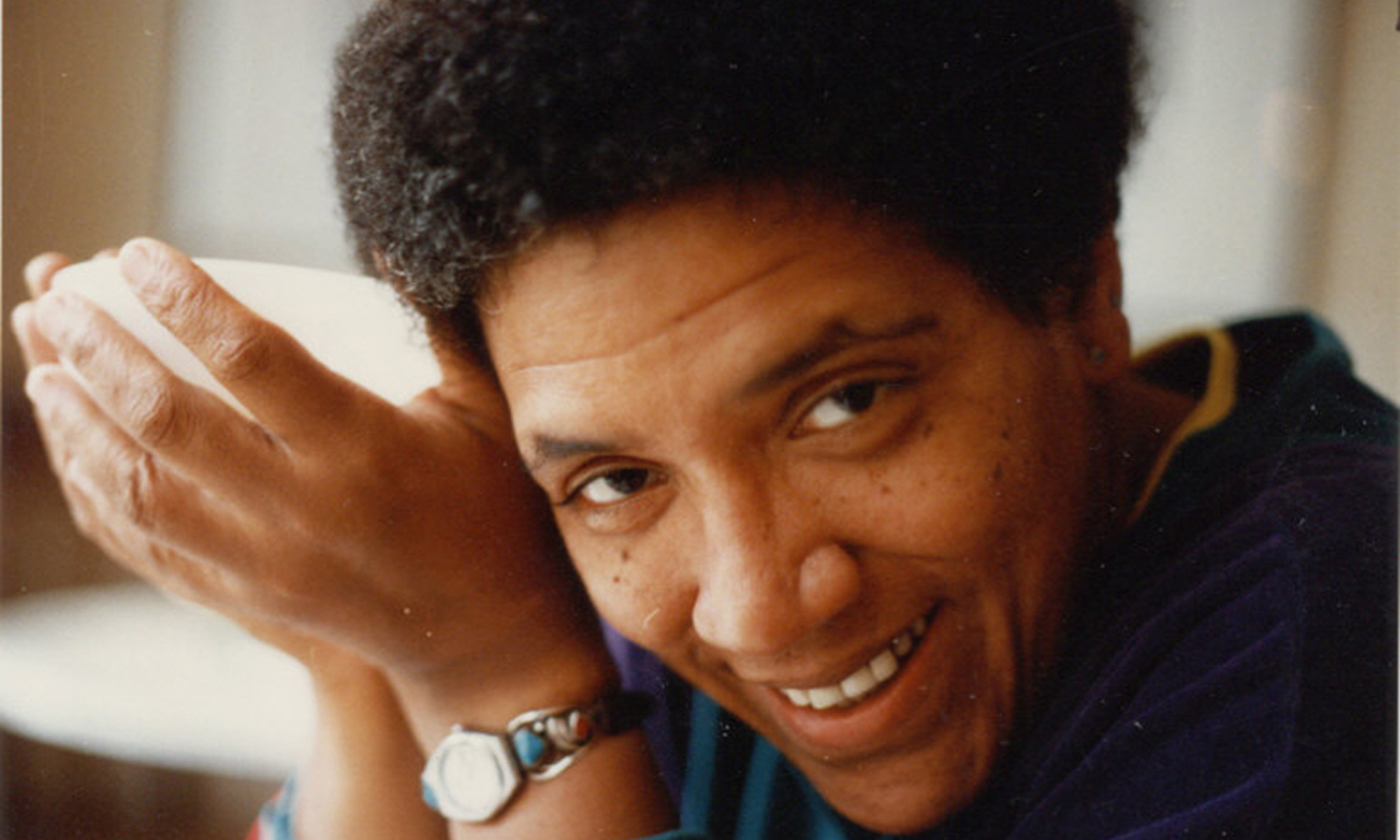
It’s time for Labour to put a truly anti-racist message at the heart of its politics
Lily West
03 May 2017
In support of International Women’s Day, I recently attended ‘Invest in Equality: End the Tory Austerity Assault on Women’, an event organised by the Labour Assembly Against Austerity (LAAA) and Momentum. What began as an encouraging discussion centred on intersectionality and austerity, led up to an all-too-familiar interjection that we ‘not make it about race.’ This was a timely reminder that Labour must do more to position itself as an anti-racist party, as there is still a long way to go on this issue, even amongst the so-called progressive Left.
It began well enough. The all-female panel condemned the Tories’ ideologically-driven austerity for its disproportionate impact on women, and the discussion was then opened up to the floor. The near-erasure and stifling of women of colour (WoC) in anti-austerity debates has become far too commonplace, so it was refreshing to hear the speakers acknowledge that WoC have shouldered the greatest burden. Both Cat Smith MP and Sian Errington (LAAA) referenced research by the Women’s Budget Group, which showed that poverty, ethnicity, and gender magnify the impact of austerity for BAME women. MP for Hackney and Stoke Newington, Diane Abbott, asserted Labour’s commitment to “build upon current equalities legislation”, following on from consultations as to how the Party could best remove obstacles that prevent women, BAME people; and people with disabilities from fulfilling their economic potential. Maya Goodfellow, a Guardian journalist, then stressed the importance of Labour positioning an anti-racist sentiment at the centre of its policies; to challenge and counteract the consistent erasure of WoC in the discourse around austerity.
Massive shout out to all of these women. In a world where you can so often feel like you’re screaming into a vacuum about experiences of prejudice; and where people continue to deny its existence – you made me feel as if someone was listening.
The event was generally a great success, with the speakers encouraging a constructive debate with the audience as to how Labour should respond to Tory austerity. However, it did take a turn. As any woman, BAME person or anyone from a marginalised group will know, ‘the floor’ can often mutate into a hotbed of microaggressions; which threatens to rile WoC into the ‘hysterical’ or ‘angry ’ stereotype that white patriarchy so conveniently uses to silence us.
As I was sitting there, shamelessly fan-girling and basking in the feeling of bittersweet glory of speakers powerfully acknowledging and condemning the current state of affairs, my serenity was interrupted: “I don’t really think there’s a need for race to be included in the discussion”, said (you guessed it) a white woman. She went on, “as we’re discussing women’s issues I think we should try to stay united on that front – and not bring race into it. It often makes people uncomfortable or alienated and can become quite divisive.”
It is not my intention to vilify this woman. My intention is to shed light on the ubiquity of racial prejudice and the fact that people of colour continue to encounter and be hurt by white people’s discomfort and denial of racism; even in the safest of spaces. Whilst it may suit us to assume that only the right-wing are capable of embracing racist rhetoric and implementing measures that bolster existing racial inequality, this is a misconception. We need only look back to Labour’s ‘control on immigration’ mugs to remind ourselves of the party’s ability to stray from its responsibility to encourage tolerance and diversity in Britain. Historically speaking, we should remember that colonisation provided funds for the creation of the welfare state by oft-celebrated post-war Labour government, as well as a pool of labour. Racism is inextricably linked then, with our country’s history – which is what makes it so pervasive and difficult to challenge.
And it speaks volumes that I was so elated by the speakers’ mere recognition that race plays an integral role in people’s experience of austerity. It says to me that Labour’s reluctance to overtly speak out against racism has become accepted as the norm. A party that is willing to call out racism should not be seen as refreshing or radical – and it should not make people feel ‘uncomfortable’.
After having heard a panel of women discuss the importance of intersectionality, this white woman chose to ignore the facts presented so that she could unsuccessfully veil her own prejudice under the guise that race makes ‘people feel alienated and uncomfortable’. Whilst she was prepared to condemn the injustice of austerity measures having a disproportionate impact on women, she was not willing to look further and acknowledge that it is low income black and Asian women who are paying the highest price. Her apprehension to talk about race; and inability to acknowledge her white privilege was disappointing. It is something that BAME women, such as myself, hoped had been addressed many waves of feminism ago.
This is not the first time, nor will it be the last that a white person dismisses racism as an issue. It is the very reason why I want to thank Maya Goodfellow for proposing that the Labour party position an anti-racist sentiment at the very centre of its politics. In 2016, we witnessed both Brexit and the election of Donald Trump as President; two campaigns that were successful in adopting racist rhetoric in order to prey upon and exacerbate existing prejudices. The argument that left-wing parties should resist identifying as explicitly anti-racist in order to be palatable, and to avoid making (white or racist) people feel uncomfortable – in order to secure their vote – is no longer good enough.
Politicians have a responsibility to challenge society’s ingrained prejudices, rather than avoid them in an attempt to remain popular. The fact that we have allowed racism to resurface as part and parcel of ‘populist’ policy, is a failure that has to be addressed. The reluctance to ardently speak out against racism is legitimising public prejudice, and allowing people, such as the woman at the meeting, to deny their white privilege.
Misinformation in the lead-up to Brexit has served as a vessel for voters to float away into the hands of the right. In the run-up to the General Election in June, Labour’s current leadership must offer a strong, pro-migration message that challenges the divisive myths created by racist agendas; that exposes the attempts to scapegoat disadvantaged people, and that emphasises how integral immigrants are to British society.
Meanwhile, those of us outside of Westminster have a responsibility to challenge racism when we see it. We have a responsibility to harness the enthusiasm that is being generated from current campaigns, such as Momentum and Stand Up To Racism, and channel it towards dismantling the current structures that nurture inequality.
For those, like the audience member, with the privilege of having never experienced racism; and who find it uncomfortable accepting that racism is still alive and well, there are a few simple things you can do: Listen to those who have, and try not to let your discomfort convince you that it’s a personal attack. We are not looking to you for an apology or to provide us with a solution there and then. Vocalising our experiences is an attempt to make you understand and open your eyes to see what (perhaps with good intentions) you do not want to see; a world so entangled in structural racism that it seems easier to ignore it than to be an ally and help continue to try and solve it.

Britain’s policing was built on racism. Abolition is unavoidable

How Pakistan’s Khwaja Sira and transgender communities are fearing and fighting for their futures

Their anti-rape performance went viral globally. Now what?






